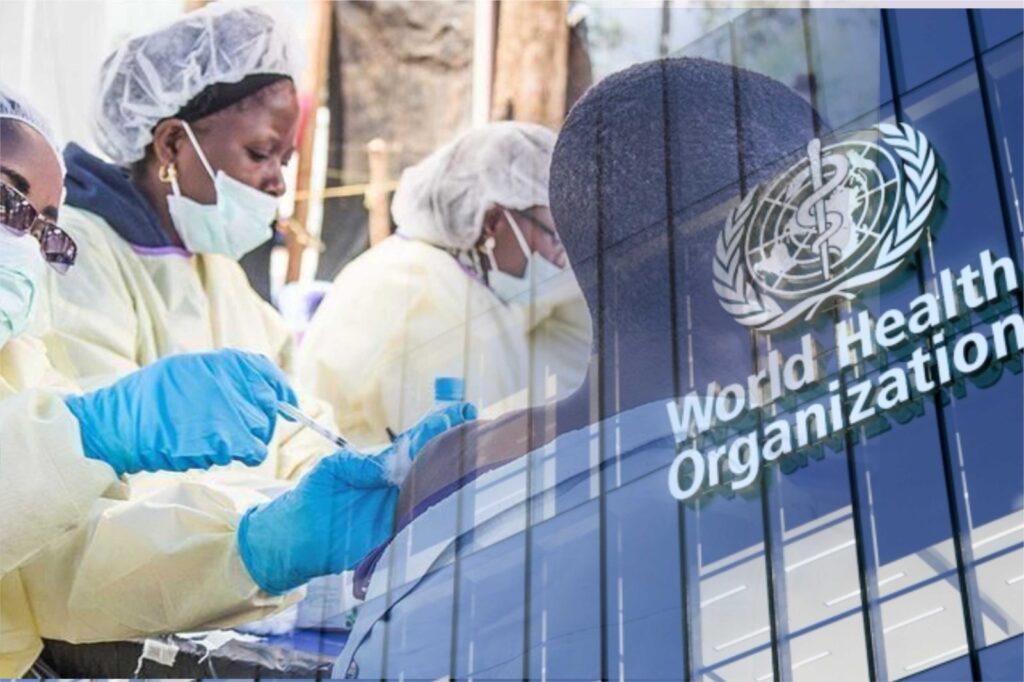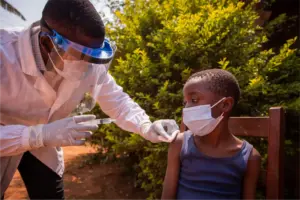
The World Health Organization is sounding an alarm regarding the rapidly spreading diseases in the Democratic Republic of Congo. According to the organization, the health crises are worse because of the present war, which threatens the lives of millions. The humanitarian situation in the country has worsened with fast infectious diseases, malnutrition, and restricted medical care.
This is a sad reality because the WHO explains that this catastrophic situation has been fueled by armed conflict, community displacement, and unsanitary conditions; thus, diseases such as cholera, measles, and malaria now spread ridiculously fast. Surging cases force health workers on ground to try and contain these cases with serious challenges because the medical supplies are scanty, and healthcare facilities are fully overstretched.
Some of the major problems are cholera, a disease very infectious to persons dwelling in unsanitary surroundings without clean water to drink. Since there are hundreds of thousands of displaced persons and thousands of more from their usual settings of living due to the violent nature of their attackers, widespread epidemics become very likely. Epidemics in measles and malaria cases also worsen the situation.
It has also resulted in increased malnutrition, particularly among children, and hence an easy target to infections. The World Health Organization sounded the alarm that the world would lose a lot of people if urgent international support is not mounted forthwith, extra medical aid increased, and access to care for the displaced populations improved.
Although the situation is disastrous, WHO and humanitarian organizations continue working day and night to provide basic health care facilities, vaccines, and measures against diseases. The health crisis may go even worse and more lives be lost without an end to this ongoing war.
As this scenario in DRC continues to unfold, international health agencies are now calling for governments and humanitarian groups to enhance efforts in efforts at providing aid and resources so that more lives are not lost. There is an urgent call for direct intervention to redress this ongoing public health emergency and care for desperate communities.








